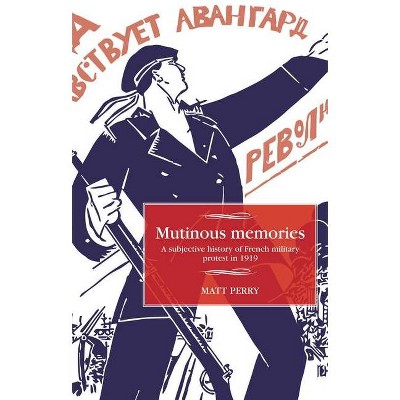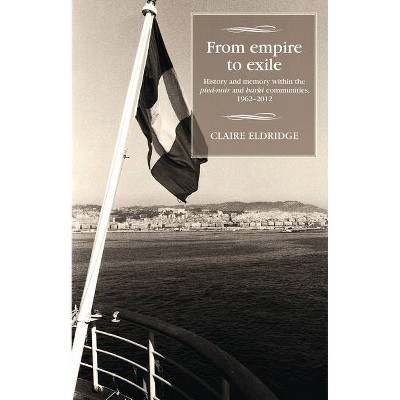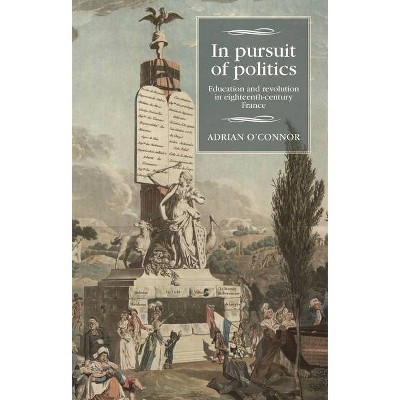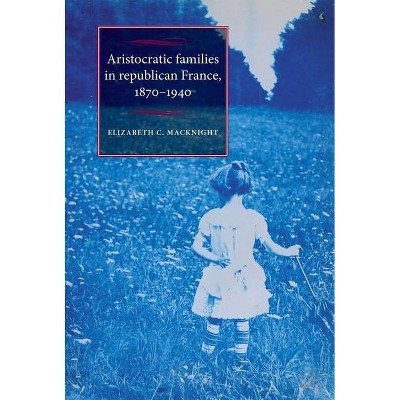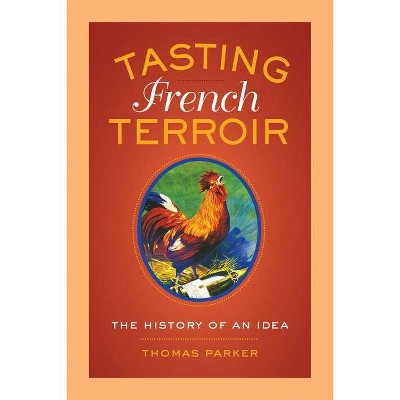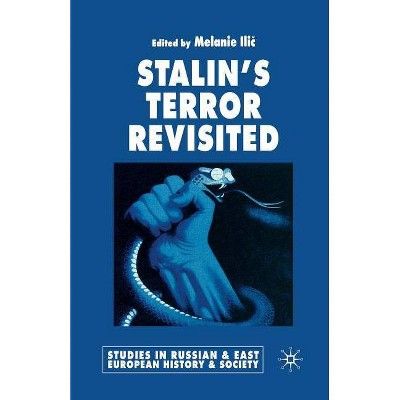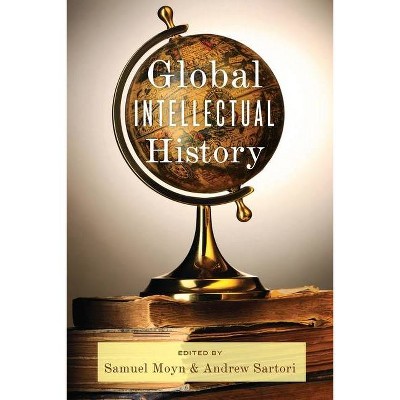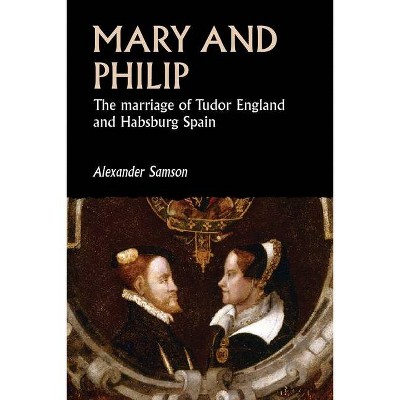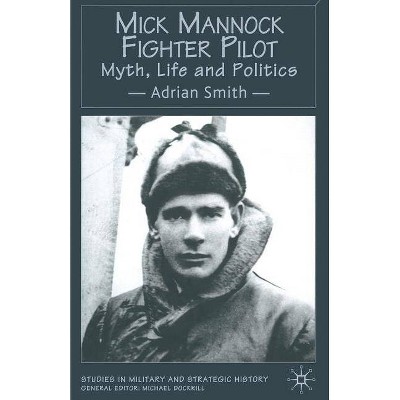Terror and Terroir - (Studies in Modern French and Francophone History) by Andrew W M Smith (Paperback)
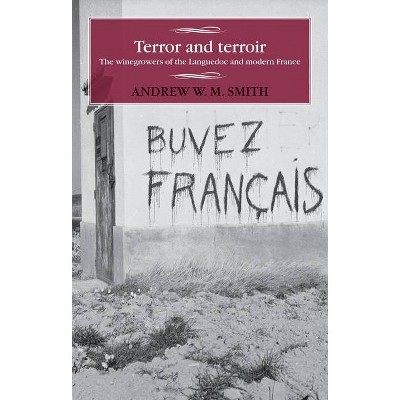
Similar Products
Products of same category from the store
AllProduct info
<p/><br></br><p><b> About the Book </b></p></br></br>This book traces the history of post-war France by tracking the Comité Régional d'Action Viticole (CRAV), a militant collective of winegrowers who have used protest and violence to push back against attempts to modernise the French economy and state and the wider impacts of globalisation.<p/><br></br><p><b> Book Synopsis </b></p></br></br><p><em>Terror and terroir</em> investigates the Comité Régional d'Action Viticole (CRAV), a loose affiliation of militant winegrowers in the sun-drenched, southern vineyards of the Languedoc. Since 1961, they have fought to protect their livelihood. They were responsible for sabotage, bombings, hijackings and even the shooting of a policeman. Against the backdrop of European integration and decolonisation they have rallied around banners of Resistance and their strong Republican heritage, whilst their peasant protests fed into Occitan and anti-globalisation movements.<br /> At heart, however, the CRAV remain farmers championing the right of people to live and work the land. Between the romantic mythology of terroir, and the misguided, passionate violence of terror, this book unpicks the contentious issues of regionalism, protest and violence. It offers an insight into a neglected area of France's past, infused with one of the most potent symbols of French culture: wine.</p><p/><br></br><p><b> From the Back Cover </b></p></br></br><i>Terror and terroir</i> investigates wine and violence in the sun-drenched, southern vineyards of the Languedoc. The Comité Régional d'Action Viticole (CRAV) are a loose affiliation of militant winegrowers who, since 1961, have fought to protect their livelihood. With an identity grounded in a narrative of struggle, they have invoked the medieval massacres of the Albigensian Crusade and grand protests of 1907. Against the backdrop of European integration and decolonisation they have rallied around banners of Resistance and their strong Republican heritage, whilst their peasant protests fed into the Occitan and anti-globalisation movements. At once integral and obscure, they were courted by radical students to support protests in 1968 and sought out by envoys of Colonel Gaddafi. They were responsible for sabotage, bombings, hijackings and even the shooting of a policeman. At heart, however, the CRAV remain farmers. They champion protectionism, heritage and the right of people to live and work the land, pliable ideals that are locally generated but have international implications. Between the romantic mythology of terroir and the misguided, passionate violence of terror, the story of the CRAV offers an insight into a neglected area of France's past that continues to impinge on its future, infused with one of the most potent symbols of French culture: wine. This book will appeal to historians of France and Western Europe, specifically those of protest movements and minority nationalism. It will also speak to sociologists and anthropologists as a study of a distinctive movement motivated by divisive political rhetoric.<p/><br></br><p><b> Review Quotes </b></p></br></br><br>'This volume provides a highly original and welcome contribution to the burgeoning literature devoted to the concept of terroir across the disciplines, spanning history, geography and anthropology [...] It will become a must read in the literature on terroir.' Marion Demossier, University of Southampton, H-France Review, Volume 18 (2018), No. 74 'Smith is particularly good at his economic analysis, enriched as it is by his strong knowledge of wine and winemaking (he is also the author of The Wine Pocket Bible). His narrative of wine syndicalism occasionally becomes very crowded with names and acronyms, but he effectively uses CRAV to show the complicated interplay of regional identities, national politics and European integration on French winemaking in the second half of the twentieth century.' Andrew S. Tomkins, French History 'Smith's prose is clear; he gives enough context to make the debates accessible even to a non-specialist in French history or the history of wine production... His punctilious use of sources from regional and national archives, local newspapers, and even oral histories reveals that the CRAV's struggle was not revolutionary or anti-statist... The true value of Smith's narrative is perhaps the articulation of a powerful counter-argument to the mythology of terroir.' Zachary Nowak, The Journal of Wine Economics<br><p/><br></br><p><b> About the Author </b></p></br></br><br><strong>Andrew W. M. Smith</strong> is Senior Lecturer in Contemporary History and Politics at the University of Chichester<br>
Price History
Price Archive shows prices from various stores, lets you see history and find the cheapest. There is no actual sale on the website. For all support, inquiry and suggestion messagescommunication@pricearchive.us
